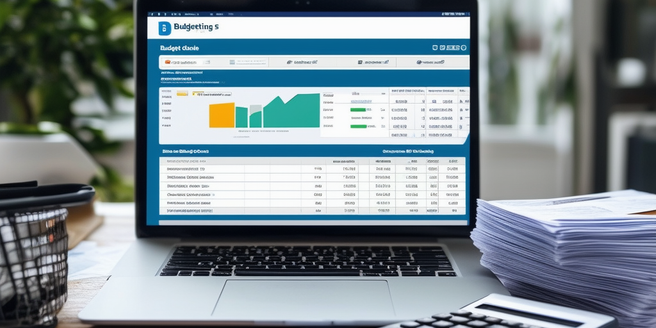Understanding the Basics of Credit
Credit is a measure of an individual’s financial trustworthiness, assessing how punctually they’ve paid back loans, their existing debt, and their handling of finances. This information is used by lending institutions to evaluate if the individual is likely to repay a loan or deserves a line of credit. Additionally, it influences many financial decisions, such as renting a property, where prospective landlords may review your credit score to assess your likelihood of fulfilling rent obligations responsibly, thereby affecting your leasing eligibility among other significant financial decisions.
Why Good Credit is Essential for Renters
Maintaining a healthy credit report is crucial when securing prime rental properties as landlords and leasing agencies utilize credit scores to ensure potential tenants are financially responsible. Good credit isn’t just a number but communicates a history of an individual who can handle their finances, pays bills consistently, and manages sizable financial obligations. This signals low risk to landlords and a secure flow of rental income.
On the other hand, poor credit can hinder the search for rental property, acting as a red flag suggesting financial instability or inconsistency. This could mean late payments, loan defaults, or even bankruptcy, all of which can increase the risk for landlords and impact the on-time payment of monthly rent.
Hence, individuals seeking to rent property should be conscious of their credit score and work on improving it if necessary. In a competitive rental market, good credit significantly boosts the chances of finding the best-suited rental property. Therefore, remember, good credit is synonymous with financial reliability and trustworthiness to property renters.
Effective Strategies for Building Good Credit
Establishing a good credit score involves punctual bill payments and keeping a low balance on credit cards to display responsible borrowing. It’s crucial to avoid unnecessary debt and resist easy credit for non-essential purchases. Regularly monitor your credit report for accuracy, disputing errors when they appear, and be vigilant of potential fraudulent activity to maintain your credit history’s integrity. Be mindful when applying for new credit cards as too many could raise a red flag for lenders, while maintaining a few accounts responsibly is a good credit-building strategy. Avoid late payments as they negatively affect your credit scores. In short, maintaining a good credit score requires responsibility, discipline, and meticulousness.
How Paying Your Rent Can Improve Your Credit Score
Regular and prompt rent payments can significantly boost your credit score, reflecting financial reliability and responsibility. This is particularly important for various financial aspects such as house purchase or credit card application. Some credit scoring models incorporate past rental payment history as a contributory factor in determining your credit score, however, not all rent payments are automatically reported to credit bureaus. Hence, utilizing specific platforms to pay rent ensures that your payment history is tracked and reported to the credit bureaus, positively influencing your credit report. In conclusion, using these platforms not only maintains a positive landlord relationship but also enhances your credit score, emphasizing the importance of regular, prompt rent payments in showcasing financial reliability.
Maintaining and Improving Your Credit Score: Long-Term Strategies
A balanced mix of diverse credit types can improve your credit over time. This involves diversifying your credit profile and demonstrating competence in managing various credit forms. Using credit cards responsibly, paying bills on time, and avoiding maxing out cards can significantly strengthen your credit. Your history of on-time payments is crucial for boosting your credit in the long run, demonstrating reliability to creditors. Maintaining old credit accounts, rather than closing them, provides a record of long-standing credit history, favorable to lenders. Furthermore, it’s essential to apply for new credit only when necessary, since numerous applications within a short period can negatively affect your credit score. Regular monitoring of credit reports is equally important, checking for discrepancies and potential identity theft. Any errors should be disputed immediately with the respective credit bureau. These strategies play a crucial role in maintaining and enhancing your credit score and thoughtful management of your credit can put you on the path to steady credit improvement.


